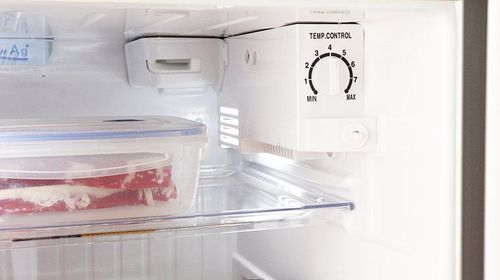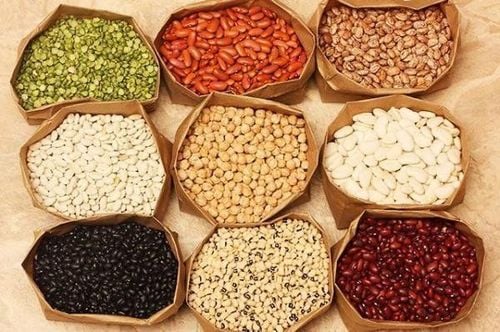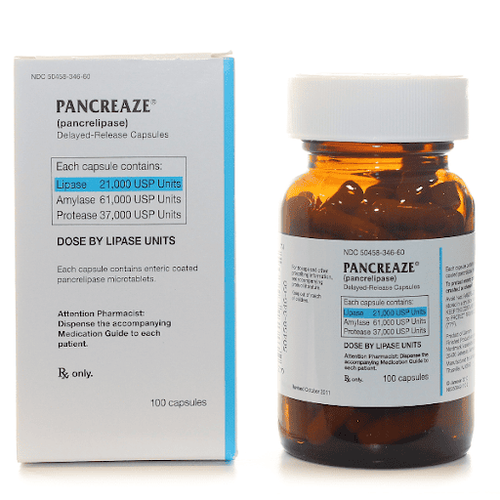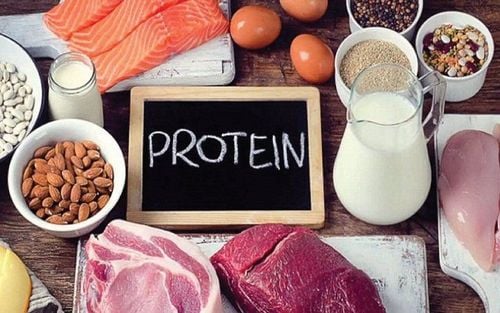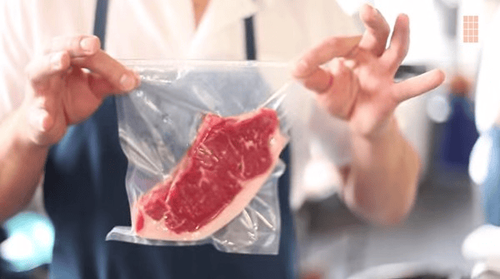This is an automatically translated article.
Protein is one of the groups of substances that play a very important role in health. Consuming protein-rich foods such as seafood, meat, poultry, beans, eggs, ... scientifically will help the body stay healthy.
1. What types of protein foods are included?
All foods made from meat, poultry, seafood, legumes, eggs, soy dairy products, nuts and seeds are considered protein foods. Legumes also belong to the group of vegetables.
Specifically, the protein-rich food group includes the following:
Cattle meat: High-protein beef, pork, lamb, ham, sausage, animal organs,...; Poultry: Chicken, duck, geese, geese,...; Eggs: Chicken eggs, duck eggs, duck eggs, quail eggs, goose eggs,...; Nuts: Almonds, almond butter, cashews, chia seeds, peanuts, peanut butter, pistachios, walnuts, pumpkin seeds, sesame seeds, sunflower seeds,...; Legumes: Black beans, chickpeas, soybeans, broad beans, kidney beans, lentils, white beans, peas, navy beans,...; Soybean products: Tempeh (cooked fermented soybean food), tofu, soy sandwiches; Seafood: Cod, halibut, pomfret, herring, mackerel, salmon, sea bass, tuna, swordfish, snapper, shrimp, scallops, crabs, oysters, octopus, squid, snails, assorted canned fish (tuna, sardines, anchovies).
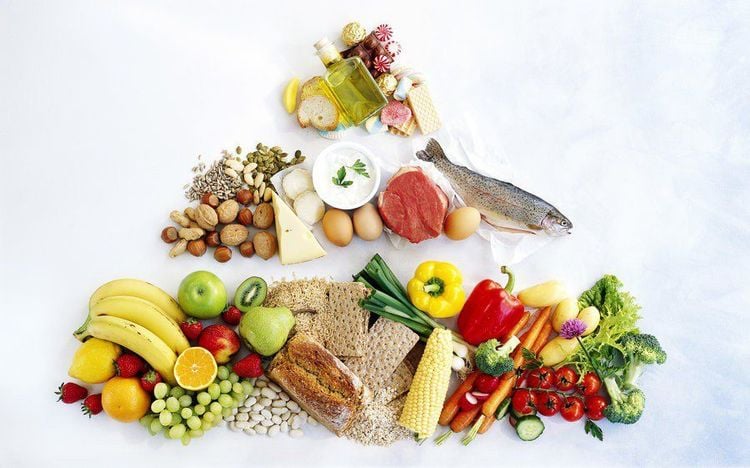
Nhóm thực phẩm giàu protein rất đa dạng
Consumption of protein-rich foods will improve nutrition and provide many health benefits, including at least 226g of seafood per week. Young children will have less protein needs, depending on their age and calorie needs. The recommendations for eating seafood do not apply to people following a vegetarian diet. Vegetarians can choose foods such as: Legumes, soy products, nuts,...
2. Daily need for protein foods
The amount of protein-rich foods that an individual consumes will depend on age, gender and physical activity level. The amount of food for each person needs about 56 - 184 g / day. People who are physically active may need more protein. It is important to ensure that the food sources of the protein group are low in fat and more varied.

Những người hoạt động thể chất nhiều có thể cần lượng protein nhiều hơn
Recommended daily protein intake for each age group is as follows:
Children 2 - 3 years old: About 56g; Children 4 - 8 years old: About 113g; Female children 9 - 18 years old: About 142g; Boys 9 - 13 years old: About 113g; Teenage boys: 14 - 18 years old: About 184g; Women 19 - 30 years old: About 156g; Women over 31 years old: About 142g; Male 19 - 30 years old: About 184g; Men 31 - 50 years old: About 170g; Men over 50 years old: About 156g. This amount of protein is suitable for people with moderate physical activity, no more than 30 minutes/day in addition to daily activities. People who are more physically active can consume more protein while keeping the same calorie needs.
Meats, fish, legumes, seafood,... are protein foods. In the daily diet, users should have a variety of foods to eat more deliciously and ensure good health.
Any questions that need to be answered by a specialist doctor as well as customers wishing to be examined and treated at Vinmec International General Hospital, please contact the Website for the best service.
Please dial HOTLINE for more information or register for an appointment HERE. Download MyVinmec app to make appointments faster and to manage your bookings easily.
Reference source:choosemyplate.gov




